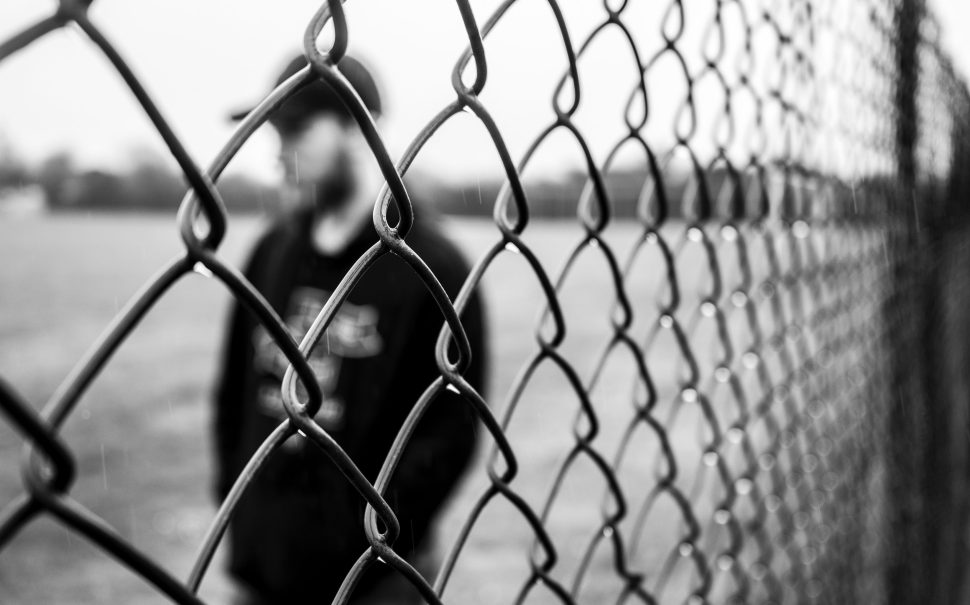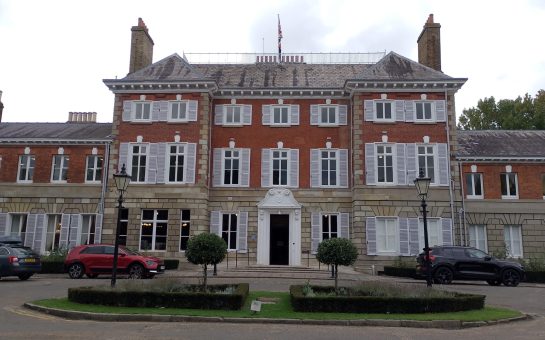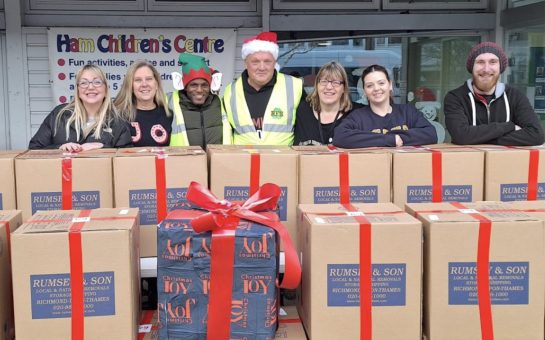The number of potential victims of modern slavery in the UK hit a record high in 2023, with numbers set to match in 2024.
Official data from the Home Office revealed the number of people suspected of living in modern slavery increased almost tenfold over the last decade, from 1,743 in 2013 to 17,004 in 2023, with 8,837 cases having been referred in the first half of 2024.
Anti-Slavery International’s communications manager Jessica Turner explained the rise is likely due to improved reporting, but that these figures are still likely to be a serious underestimation.
Turner said: “An increase in awareness raising and better training for first responder organisations, as well as the introduction of the Modern Slavery Act in 2015 has helped bring modern slavery into the limelight.”
The Global Slavery Index estimates 122,000 people are living in modern slavery conditions in the UK*, where public authorities such as councils and the police, as well as dedicated NGOs, act as first responders.
These organisations have a duty to inform the Home Office when they encounter potential victims of modern slavery, which they do via the National Referral Mechanism (NRM).
Victims are entitled to accommodation if needed, financial support, and access to a support worker.
Modern slavery in the limelight
The Modern Slavery Act 2015, introduced by Theresa May prior to her becoming prime minister, defines modern slavery as any form of human trafficking, slavery, servitude or forced labour.
The Act consolidated existing offences into a single law, and established new duties and powers aimed at protecting victims and prosecuting offenders.
It also established a new legal defence for victims of slavery and trafficking who were forced to commit crimes as part of their exploitation.
Turner believes the Act doesn’t go far enough, however, and that the government’s hostile stance towards migrants in recent years has vilified victims.
She said: “The Nationality and Borders Act 2022 is restricting the number of people who could access support.
“If someone has committed a crime that carries a sentence of more than 12 months for example, even if it’s part of their trafficking experience, they can be barred from support.”
Despite challenges brought against some of these provisions, the Nationality and Borders Act is reportedly still preventing or delaying survivors from accessing crucial support and identification.
Turner also explained that the Illegal Migration Act 2023 was built off a lot of negative rhetoric and is likely discouraging migrant victims from seeking help for fear of being deported.
She added: “Such legislation only plays into the hands of traffickers because it gives them more power over those they’re exploiting.”
What the data shows
Although many people are trafficked into slavery in the UK from overseas, UK nationals made up the largest group of referrals last year at 25% (4,299), the highest since the NRM began in 2009.
Albanians were the second most referred nationality at 24% (4,052), followed by Vietnamese at 6% (991).
The number of child referrals for potential victims also reached a record high in 2023 at 44% (7,432).
Criminal exploitation, labour exploitation, or a combination of the two made up over two thirds of the type of abuse victims were subjected to, with sexual slavery making up about a tenth of referrals.
Numbers in context
Andrew Wallis OBE is the CEO of Unseen, an anti-slavery charity that operates a victim support helpline and provides support for survivors.
He said: “One thing we’re seeing is child criminal exploitation in the form of county lines.”
County lines refers to the transportation of illegal drugs from one area to another, often crossing police and local authority boundaries (though not always).
Wallis explained: “Young, often vulnerable people are coerced into joining gangs where they are forced to commit crimes and then feel unable to ask for help for fear of being prosecuted.”
The National Crime Agency states that victims involved in county lines are often subjected to physical, mental, and sexual abuse, and can be trafficked far from home as part of the drug trade.
This leaves them isolated and reliant on their abusers.
When it comes to forced labour, Wallis said unregulated industries that rely on cash transactions, such as nail bars, laundrettes and car washes, make up the majority of labour exploitation in the UK.
With an estimated 1,500 nail bars and 250 laundrettes in London alone, this may explain why almost half of NRM referrals come from Greater London and the South East.
Wallis said: “People get turned into commodities due to consumer demand for cheap goods and services.
“What that means is even if 17,000 victims escape modern slavery every year, as the Home Office data suggests, those people are quickly replaced and the cycle continues.”
More work to do
In a report published in August 2024, the Anti-Trafficking Monitoring Group highlighted a persistent capacity issue impacting non-statutory first responders, such as NGOs, and explained their importance for survivors.
Turner said: “Survivors often fear authorities due to past trauma and precarious immigration statuses. These responders offer a safer, more survivor-centred environment, which is essential for disclosure and support.”
Many campaigners are now focusing on unlocking better funding for first responders and advocating for new laws to undo the damage of the last government.
Wallis concluded: “Only when I have the confidence that every first responder knows what modern slavery looks like, and what to do when they encounter victims, will I know we are tackling this issue effectively.”
*According to last available data: 31 August 2022.
Data visualisations created using Flourish





